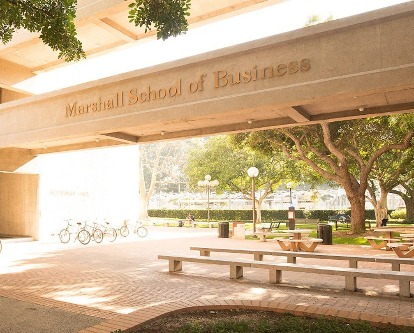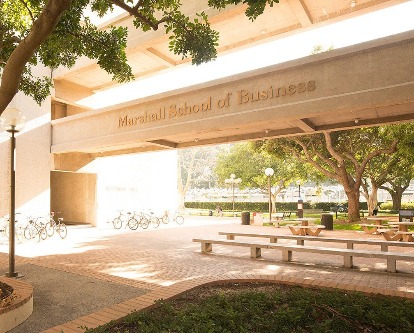To improve the welfare of smallholder farmers, multiple countries (e.g., Ethiopia and India) have launched online agri-platforms to transform traditional markets. However, there is still mixed evidence regarding the impact of these platforms and more generally how they can be leveraged to enable more efficient agricultural supply chains and markets. This paper describes work conducted in close collaboration with the state government of Karnataka, India, to design, implement, and assess the impact of a new two-stage auction on the state's online agri-platform, the United Market Platform (UMP). To ensure implementability and protect farmers' revenue, the auction design is guided by practical operational considerations as well as semi-structured interviews with a majority of the traders in the field. A new behavioral auction model informed by the field insights is developed to determine when the proposed two-stage auction can generate a higher revenue for farmers than the traditional single-stage, first-price, sealed-bid auction. The new auction mechanism was implemented on the UMP for a major market of lentils in February 2019. By the end of May 2019, commodities worth more than $6 million (USD) had been traded under the new auction. A difference-in-differences analysis demonstrates that the implementation has yielded a significant 3.6% price increase (corresponding to a 55%--94% profit gain), benefiting over 10,000 farmers who traded in the treatment market. The results from this paper offer tangible lessons on how innovative price discovery mechanisms could be enabled by online agri-platforms in resource-constrained environments. Importantly, the success of these designs critically depends on careful considerations of systemic operational and behavioral factors that affect trades in the physical markets.













